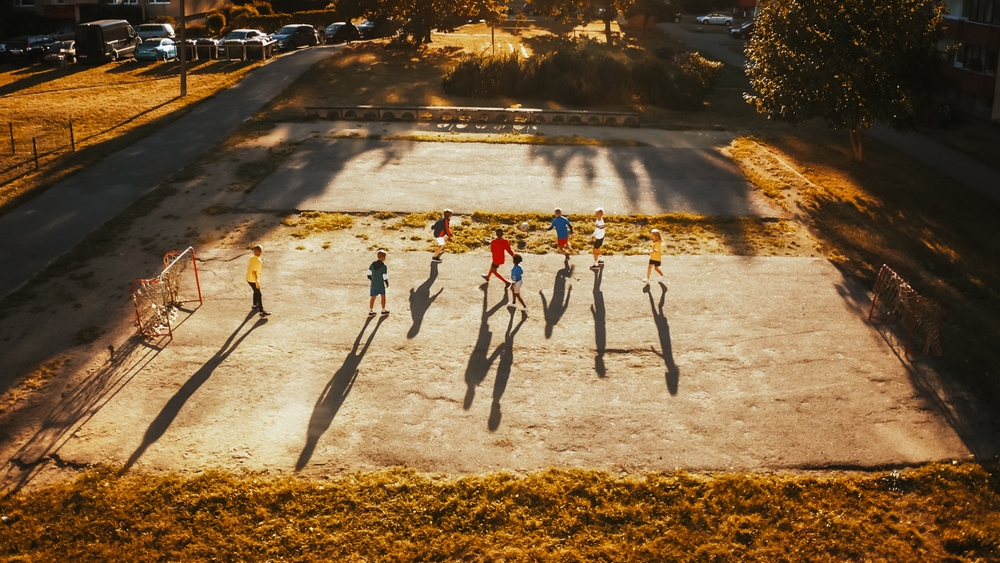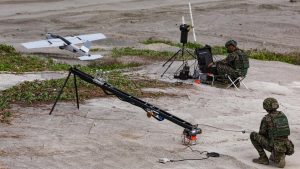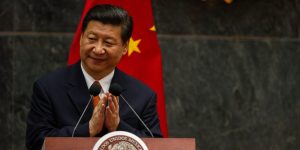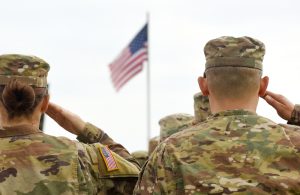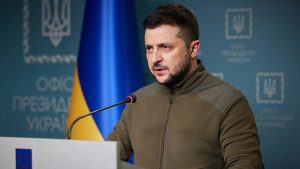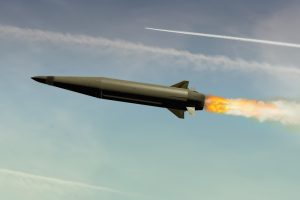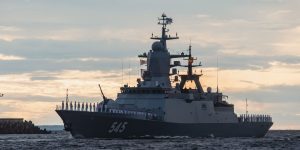The Israeli Ministry of Foreign Affairs condemned the attack.
Others are reading now
A rocket launched from Lebanon on Saturday killed 12 people on the Israeli-occupied Golan Heights, prompting Israeli officials to accuse the Lebanese militant group Hezbollah of crossing a “red line.”
Condemn the Attack
According to 20 minutes the attack targeted the town of Majdal Shams, leaving numerous casualties, including young children aged 10 to 16 who were playing on a football field.
The Israeli Ministry of Foreign Affairs condemned the attack, stating, “The massacre on Saturday constitutes the crossing of all red lines by Hezbollah. This is not an army fighting another army but a terrorist organization deliberately targeting civilians.”
The ministry claimed the rocket was of Iranian origin, a type allegedly possessed solely by Hezbollah, and vowed that Israel would exercise its right to self-defense in response to the “massacre.”
Also read
Not Left Unanswered
Israeli Prime Minister Benjamin Netanyahu, cutting short a visit to the United States, pledged a strong response, stating that “Israel will not leave this deadly attack unanswered.” He is set to chair a security committee meeting to address the incident.
Hezbollah, a Shiite Islamist political and militant group backed by Iran, has denied responsibility for the attack. However, the Israeli military asserted that Hezbollah fired the rocket that resulted in the deaths and injuries. As of Sunday morning, around 30 wounded individuals remained hospitalized in Israel.
The Golan Heights, a strategically significant region at the junction of Israel, Lebanon, and Syria, was largely captured by Israel during the 1967 Arab-Israeli War and annexed in 1981—a move not recognized by the international community.
Majdal Shams, a Druze town of approximately 11,000 residents, is part of this contested area. The local Druze community, with many retaining Syrian nationality, faces unique challenges and restrictions, including limited political rights within Israel.

